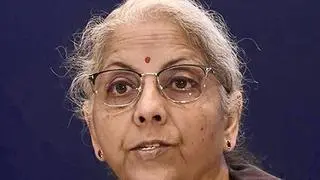India in particular and South Asian countries in general, are facing a “health crisis” with rising rates of heart disease, diabetes, obesity and other non communicable diseases (NCDs), the World Bank said today.
In its report ‘Capitalising on the Demographic Transition: Tackling Non Communicable Diseases in South Asia’, the World Bank rates heart diseases as the leading cause of death in adults aged 15-69, and South Asians suffer their first heart attack six years earlier than other groups worldwide.
By 2030, cardiovascular diseases would emerge as the main cause of death (36 per cent) in India. The number of people with hypertension rose from 118.2 million in 2000 to 213.5 million by 2025, it said.
Chronic obstructive pulmonary disease (COPD) prevalence among men is in a range of 2-9 per cent in North India and 1-4 per cent in South India.
Among males, tobacco smoke is the major cause of COPD, while smoke from indoor combustion of solid fuels is the major cause for women.
The international financial institution said over 70 per cent of cancer cases in India are diagnosed during the advanced stages of the disease, resulting in poor survival and high case mortality rates.
According to the report, road traffic injuries and deaths are on the increase along with the rapid economic growth. Annually, they result in more than 100,000 deaths, 2 million hospitalisations, and 7.7 million minor injuries.







Comments
Comments have to be in English, and in full sentences. They cannot be abusive or personal. Please abide by our community guidelines for posting your comments.
We have migrated to a new commenting platform. If you are already a registered user of TheHindu Businessline and logged in, you may continue to engage with our articles. If you do not have an account please register and login to post comments. Users can access their older comments by logging into their accounts on Vuukle.